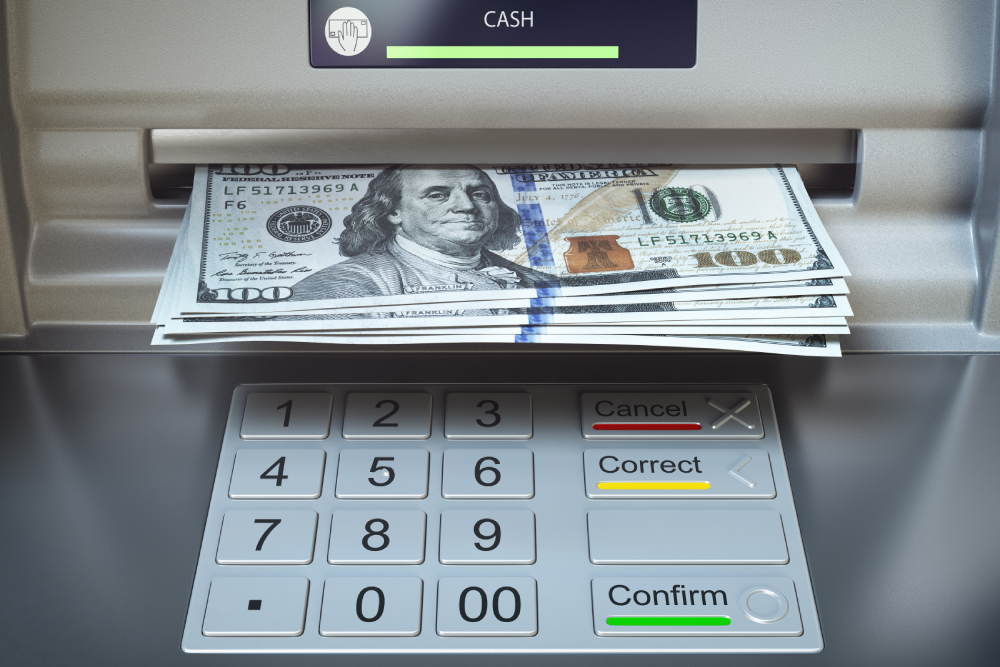Automated Teller Machines (ATMs) are electronic banking devices that allow people to withdraw cash, deposit money, transfer funds, and check account balances. With the increasing use of cashless transactions, some may wonder if investing in an ATM is still a profitable venture. In this article, we will explore the pros and cons of ATM investment and help you make an informed decision.

Pros:
- Steady Income Stream: ATMs can provide a steady income stream for investors. With every transaction, the machine charges a fee, which can range from $1 to $5 per transaction. Depending on the location of the machine and the level of foot traffic, an ATM can generate a considerable amount of revenue over time.
- Convenience: ATMs provide a convenient way for people to access cash. This can be particularly beneficial for those who do not have access to a traditional bank or need to withdraw cash outside of banking hours.
- Low Maintenance Costs: ATMs are relatively low maintenance, requiring only periodic servicing to replenish cash and ensure proper functionality. In addition, the machine’s operating costs, such as electricity and maintenance, are relatively low.
- Flexibility: ATMs offer a high degree of flexibility in terms of location. They can be installed in a wide range of places, such as shopping malls, gas stations, convenience stores, and airports. This means investors can choose to place their machines in high-traffic areas to maximize revenue.
- Diversification: Investing in an ATM can be a good way to diversify one’s investment portfolio. With a relatively low investment cost, an investor can spread their funds across multiple machines in different locations, reducing their overall risk exposure.

Cons:
- High Initial Investment: While ATMs offer the potential for steady income, the initial investment required to purchase and install a machine can be high. Depending on the machine’s features and location, the cost can range from $2,000 to $10,000 or more.
- Regulatory Compliance: ATMs are subject to various regulations and compliance requirements, such as the Americans with Disabilities Act (ADA) and Federal Reserve Board regulations. This means investors must ensure their machines are compliant with all relevant laws and regulations, which can be time-consuming and costly.
- Security Risks: ATMs are vulnerable to security risks, such as theft and skimming. Skimming is a technique used by criminals to steal card information from unsuspecting users. This can result in financial losses for both the machine owner and the user.
- Competition: The ATM market is highly competitive, with many banks and financial institutions offering their ATM services. This can make it difficult for independent investors to compete, particularly in areas with a high density of existing machines.
- Technological Advances: With the increasing use of cashless transactions, the demand for ATMs may decline over time. As technology advances, more people may opt for digital transactions, reducing the need for cash and ATMs.
Conclusion:
Investing in an ATM machine can provide a steady income stream, convenience, and flexibility. However, investors must consider the high initial investment, regulatory compliance, security risks, competition, and the potential for declining demand. Before making an investment decision, it is important to conduct thorough research, assess the potential risks and rewards, and consult with a financial advisor. By doing so, investors can make an informed decision about whether an ATM investment is right for them.
Ralwealth team is an expert consultant on the most affordable ATM investment deals in the USA. Please contact us to help you find the most suitable ATM investment that matches your portfolio.

